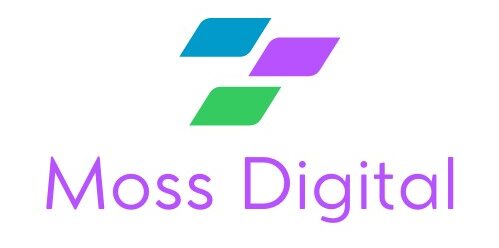The Best AI Tools for Developers in 2025
AI-powered development tools help programmers write cleaner code, automate tasks, enhance security, and improve overall efficiency. Below, we explore the top AI tools that every developer should consider.
1. GitHub Copilot
GitHub Copilot, powered by OpenAI, suggests entire lines of code, functions, and even documentation in real time.
- Pros: Speeds up coding, supports multiple languages.
- Cons: Requires a subscription after a free trial.
- Best For: Software developers, web developers, and AI enthusiasts.
2. Tabnine
Tabnine is an AI-powered autocomplete tool that helps developers write code faster with contextual suggestions.
- Pros: Works locally, supports multiple IDEs.
- Cons: Free version has limited features.
- Best For: Developers who prefer privacy-focused AI assistance.
3. Codeium
Codeium is a free AI code assistant offering smart code completion and refactoring.
- Pros: Free for personal use, integrates with major IDEs.
- Cons: Limited enterprise support.
- Best For: Developers looking for a free AI coding assistant.
4. Amazon CodeWhisperer
Amazon’s AI-powered coding assistant helps generate code and detect security vulnerabilities.
- Pros: Strong AWS integration, free tier available.
- Cons: Limited features outside the AWS ecosystem.
- Best For: Cloud developers and AWS users.
5. ChatGPT (OpenAI)
ChatGPT assists with debugging, code explanations, and problem-solving for developers.
- Pros: Free version available, great for quick coding help.
- Cons: Free version has limited access to GPT-4.
- Best For: Developers needing AI-powered troubleshooting.
6. DeepCode
DeepCode is an AI-powered code review tool that analyzes code and provides security recommendations.
- Pros: Free for open-source projects, powerful vulnerability detection.
- Cons: Premium plan required for private projects.
- Best For: Security-focused developers and teams.
7. Codex (OpenAI)
Codex, the AI behind GitHub Copilot, generates code snippets and automates programming tasks.
- Pros: Understands natural language input.
- Cons: Requires API access.
- Best For: Developers building AI-powered applications.
8. Kite
Kite is an AI-powered autocomplete tool for Python, offering smart suggestions.
- Pros: Free to use, works offline.
- Cons: No longer actively maintained.
- Best For: Python developers.
9. Sourcery
Sourcery is an AI tool that helps developers refactor and optimize code for better efficiency.
- Pros: Free for small teams, improves code quality.
- Cons: Limited language support.
- Best For: Developers looking for automated code improvements.
10. Ponicode
Ponicode uses AI to generate unit tests and improve code coverage.
- Pros: Saves time on testing, integrates with VS Code.
- Cons: Some features require a paid plan.
- Best For: Developers focusing on test-driven development.
How to Choose the Best AI Tool for Development
When selecting an AI tool for your development workflow, consider:
- Code Assistance: GitHub Copilot, Tabnine, and Codeium for AI-powered coding.
- Security & Code Review: DeepCode and Amazon CodeWhisperer for AI-driven security analysis.
- AI-Powered Testing: Ponicode for unit test automation.
- Cost & Privacy: Free tools like Codeium and DeepCode for budget-friendly options.
For a deeper dive into AI-powered development, check out this guide on AI in software development.






